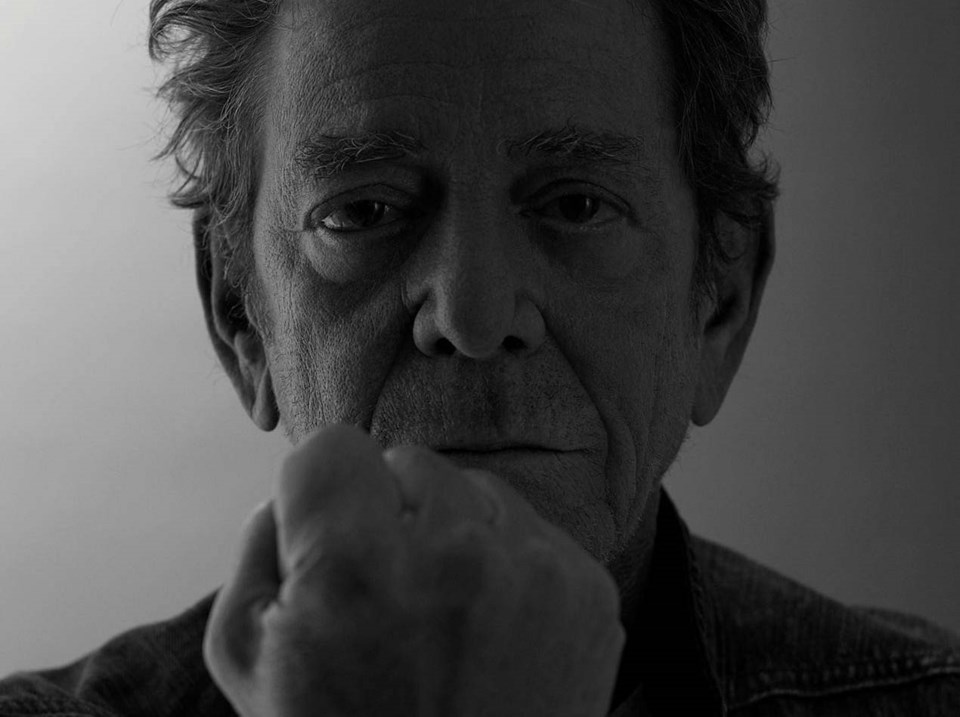OK, if not literally saved, certainly my life was changed by rock 'n roll. And Lou Reed played a part. It's his iconic song Rock 'n' Roll where the lyric, "Her life was saved by rock 'n' roll" appears.
OK, if not literally saved, certainly my life was changed by rock 'n roll. And Lou Reed played a part. It's his iconic song Rock 'n' Roll where the lyric, "Her life was saved by rock 'n' roll" appears. Perhaps rock saved Lou for a time too, but on Oct. 27 of this year Lou Reed died at age 71.
I grew up in a small town in Ontario in the '70s, a couple hours' drive from Toronto. This is Alice Munro country, small c-conservative and slow to change. Or as Lou Reed put it, a place where "you know there's nothin' happening at all." This was the era of top-40 radio, but we could only pick up CHUM in Toronto or CKLW in Windsor when conditions were right. We had two local radio stations, one country and western, one middle of the road, with lots of Anne Murray and The Carpenters. For concerts, kids who were old enough could go on the chartered bus trip to the Ex in Toronto and go to the grandstand show. Alas, my year at the Ex I saw K.C. and the Sunshine Band.
But we knew something was happening in music. At my high school library Rolling Stone Magazine was kept off the open shelf as it was considered pretty racy. I was a library regular, so the kindly old librarian would let me read Rolling Stone whenever the new copy came in. In these days of information overload it is hard to describe how isolated we were, how important that one magazine was. And how important libraries were to me, to who I was and who I would grow up to be.
My rock and roll epiphany came on a trip to Toronto. I'd heard about a new FM radio station that played the new music I was reading about in Rolling Stone. Driving down the 401 into Toronto I asked my CBC Radio-listening parents if we could try out CFNY 102.1 "The Spirit of Radio." And it was just like Lou Reed's Rock 'n' Roll – "Then one fine mornin', she puts on a New York station. You know she couldn't believe what she heard at all. She started singin' to that fine, fine music. You know her life was saved by Rock 'n' Roll."
For about 15 glorious minutes I listened to Blondie's Heart of Glass, XTC's "Making Plans for Nigel", Elvis Costello's "Oliver's Army" and Martha and the Muffins' Echo Beach. Mom eventually had enough and turned back to Peter Gzowski on CBC, but it was enough. My ears had been opened and so too my world. Not long after our family moved to Edmonton and I began making regular pilgrimages to the EPL Centennial (now Milner) Library. EPL's record collection was gigantic and with a library card it was all mine. Soon enough I was learning about the pioneers of the new music I was loving: Iggy Pop, the MC5 and Lou Reed and the Velvet Underground.
I learned from those rebel musicians, from Lou Reed and David Bowie, from Joe Strummer and Morrissey, from Joey Ramone and Johnny Rotten, that it was OK to be different. It was OK to swim against the tide. You aren't alone, there are lots of people like you out there. And reading and libraries is where it all began.
Two recent books, memoirs by CBC personalities, play on this theme, 1982 by Jian Ghomeshi and The Lonely End of the Rink by Grant Lawrence. For both, music was a way of connecting with others. Grant was at the St. Albert library recently, and he noted the importance of libraries in his life as well. Two other great books that talk of the power of music in our lives: Rob Sheffield's Love is a Mix Tape: Life and Loss, One Song at a Time and Nick Hornby's High Fidelity.
Even in this digital age, I know that our St. Albert Public Library can play a role in changing young lives. I've spoken with young people for whom a particular book made the difference in understanding who they are, how they fit in or where they can go in life. It makes me very proud to work where I work.
